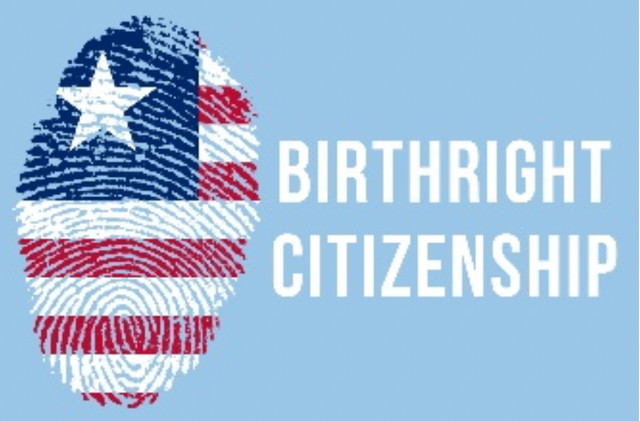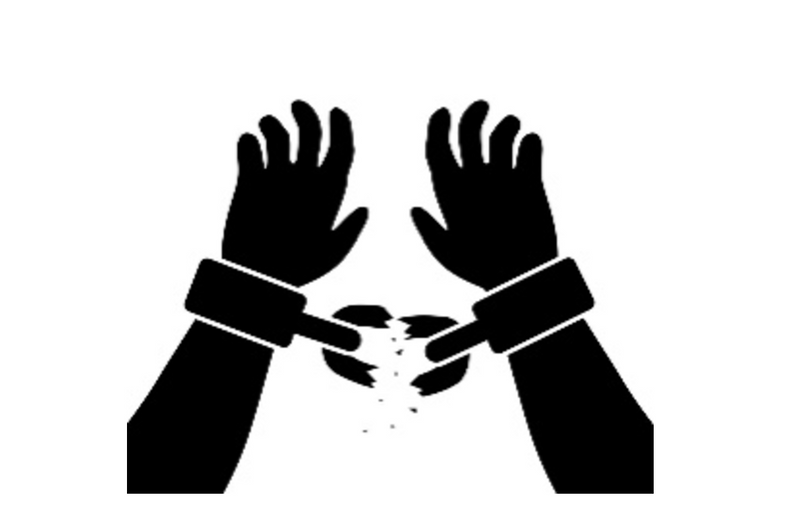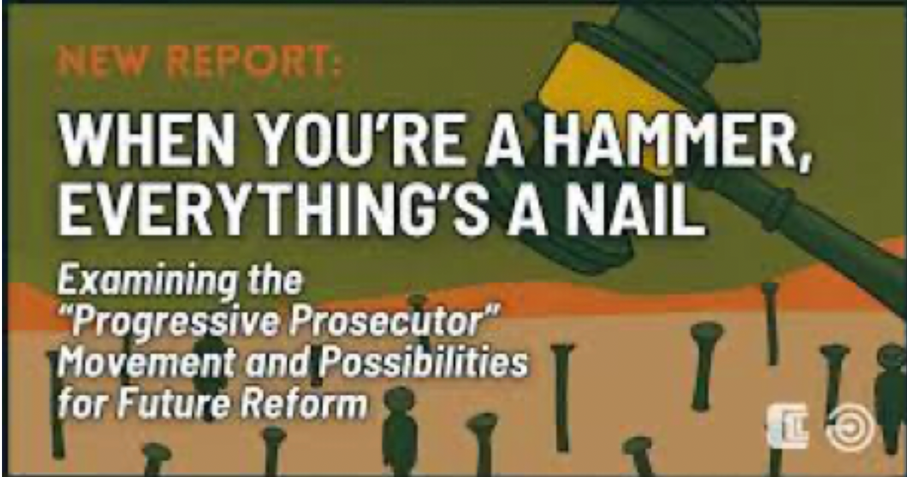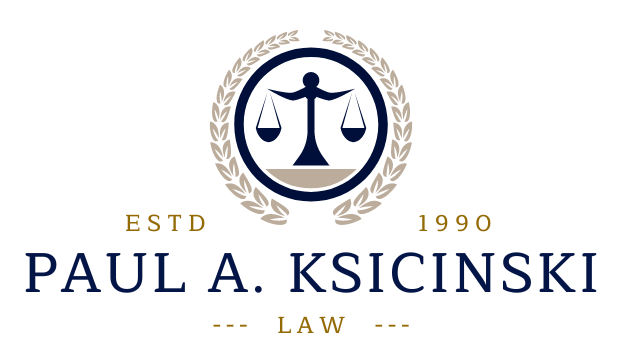About Dirty Works: Obscenity
This is a complex topic and this article only supplies generalized information on obscenity. There are many nuances to this topic so that the question can be asked is obscenity constitutionally protected? Short answer is no. But this is a very narrow category of sexually explicit expression that the U.S. Supreme Court has ruled is not protected by the First Amendment. Generally, prurient material having a tendency to excite lustful thoughts is not constitutionally protected. Roth v. United States, 354 U.S. 476, 486 (1957) The material must exhibit a ''shameful or morbid interest in nudity, sex or excretion.'' Ginzburg v. United States, 383 U.S. 463, 486 (1966). Materials which appeal only to ''normal, healthy, sexual desires'' are not considered obscene. Brockett v. Spokane Arcades, Inc., 472 U.S. 491, 498 (1985)
There is a regular flow of news articles about whether particular material should be suppressed as obscene. Rightwing groups across US push new bans to limit ‘obscene’ books in libraries, https://www.theguardian.com/us-news/2025/apr/01/new-book-bans-library-schools ; Iowa law banning books including 1984 and Ulysses blocked by US federal judge, https://www.theguardian.com/books/2025/mar/26/iowa-law-banning-books-including-1984-and-ulysses-blocked-by-us-federal-judge#:~:text=Iowa%20law%20banning%20books%20including%201984%20and%20Ulysses% .
The Supreme Court has rejected the idea that the First Amendment applies only to statements which inform rather than statements which entertain. The line between the informing and the entertaining is too elusive for the protection of that basic right. It is not the role of the government to make value judgements about oral or written statements. “What is one man's amusement teaches another's doctrine. Though we can see nothing of any possible value to society in these magazines, they are as much entitled to the protection of free speech as the best of literature.” Winters v. New York, 333 U.S. 507, 510 (1948). Illustrative of the general observation is the fact that [m]usic, as a form of expression and communication, is protected under the First Amendment. Ward v. Rock Against Racism, 491 U.S. 781, 790 (1989). Nude dancing is also. Barnes v. Glen Theatre, Inc., 501 U.S. 560, 564 (1991).
This is because “[t]he right to impart and to receive information and ideas, regardless of their social worth . . . is fundamental to our free society.” Stanley v. Georgia, 394 U.S. 557, 564 (1969). This is especially true if the material is possessed in the privacy of one’s home. Id. In a free society, it is fundamental that citizens have a right to be free, except in very limited circumstances, from unwanted governmental intrusions into one's privacy. Id.
"The makers of our Constitution undertook to secure conditions favorable to the pursuit of happiness. They recognized the significance of man's spiritual nature, of his feelings and of his intellect. They knew that only a part of the pain, pleasure and satisfactions of life are to be found in material things. They sought to protect Americans in their beliefs, their thoughts, their emotions and their sensations. They conferred, as against the Government, the right to be let alone -- the most comprehensive of rights and the right most valued by civilized man." Olmstead v. United States, 277 U. S. 438, 277 U. S. 478 (1928) (Brandeis, J., dissenting). See Griswold v. Connecticut, 381 U. S. 479, 381 U. S. 482 (1965); cf. NAACP v. Alabama, 357 U. S. 449, 357 U. S. 462 (1958).
Despite this conservative notion of individual liberty, many assert the right to protect the individual's mind from the effects of obscenity. In reality, this assertion amounts to the belief that the State has the right to control the moral content of a person's thoughts. To some, this may be a noble purpose, but it is wholly inconsistent with the philosophy of the First Amendment. As the Court said in Kingsley International Pictures Corp. v. Regents, 360 U. S. 684, 360 U. S. 688-689 (1959): "[t]his argument misconceives what it is that the Constitution protects. Its guarantee is not confined to the expression of ideas that are conventional or shared by a majority. . . . And, in the realm of ideas, it protects expression which is eloquent no less than that which is unconvincing." Stanley v. Georgia, at 565-66.
Accordingly, obscene material, referring to certain sexually explicit material, see Mahanoy Area School District v. B.L., 594 U.S. 180 (2021) (holding school's interests in preventing disruption not sufficient where student posted profane message off campus about school activity); Cohen v. California, 403 U.S. 15, 20 (1971) (noting that obscene expression must be erotic, not just crude), may be protected even if it is arguably devoid of any ideological content. Stanley v. Georgia, at 566. But what if the material advocates some immoral position? As explained in Stanley v. Georgia, the advocacy of an unpopular social opinion may sometimes be proper no less than advocacy of some political opinion. Kingsley International Pictures Corp. v. Regents, at 688-89.


